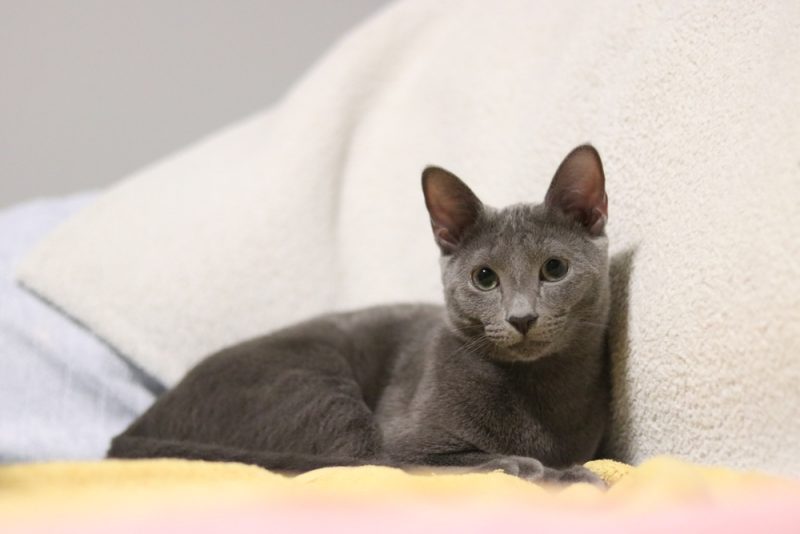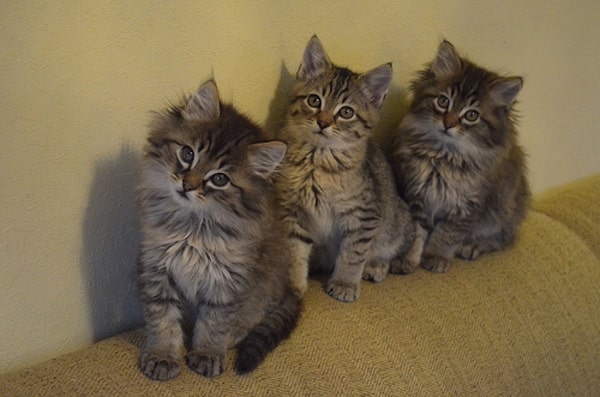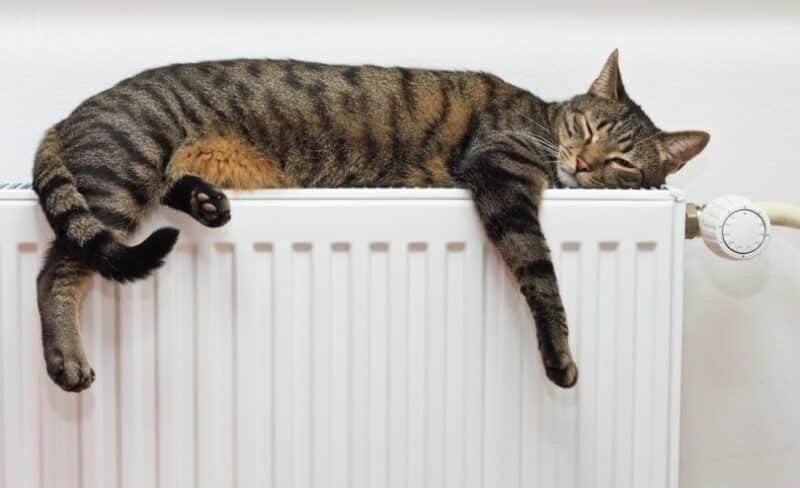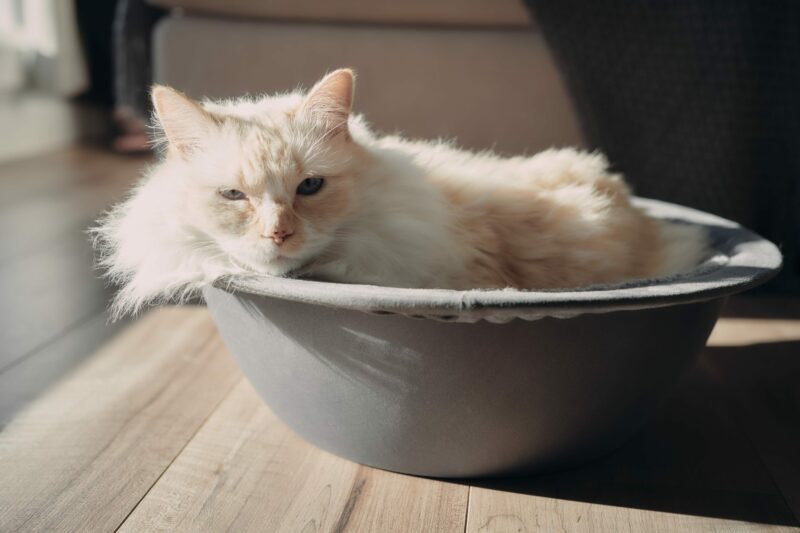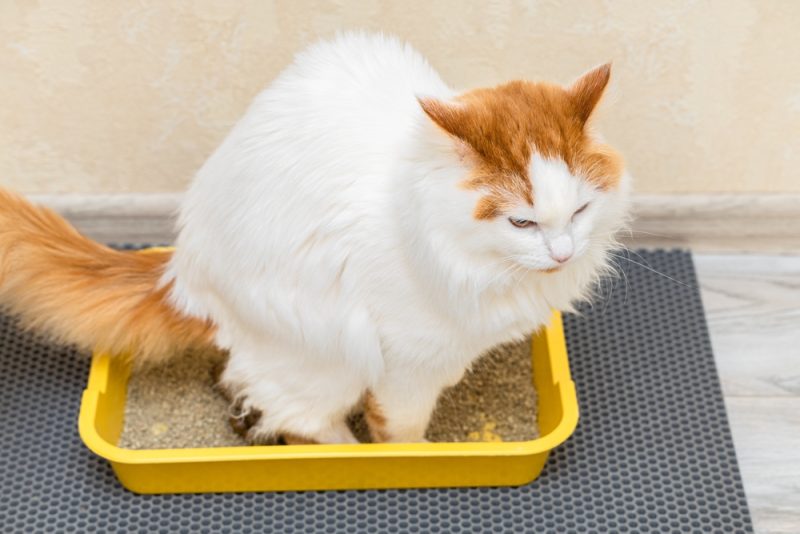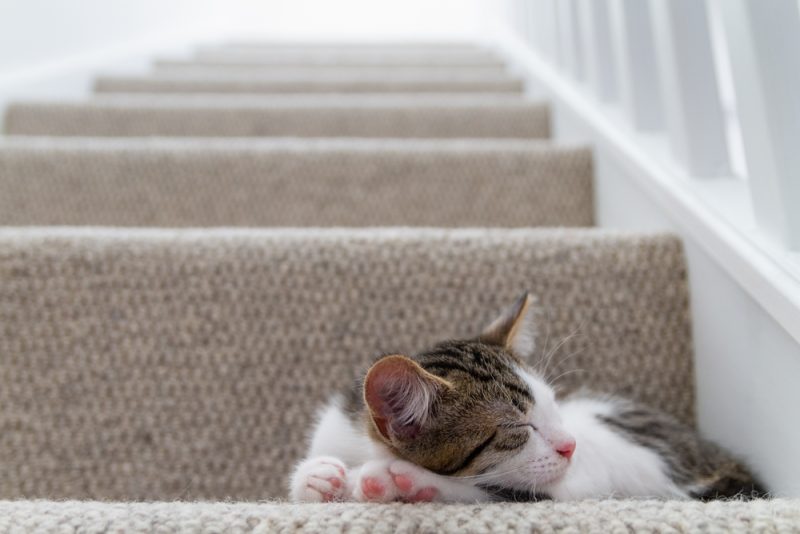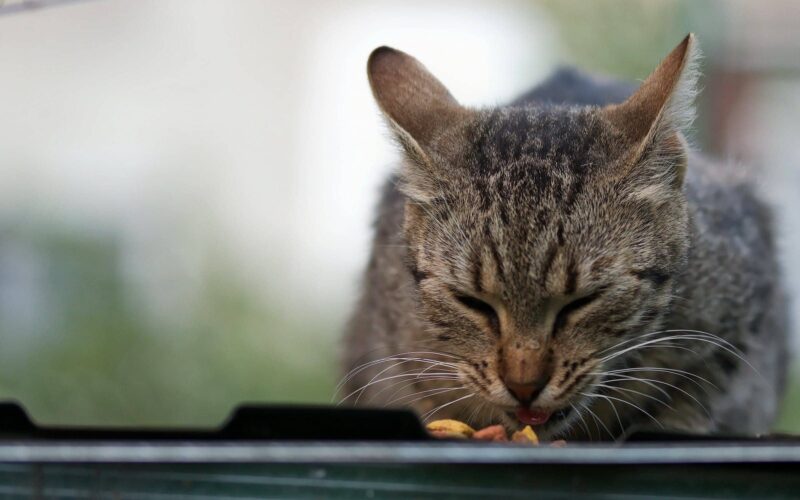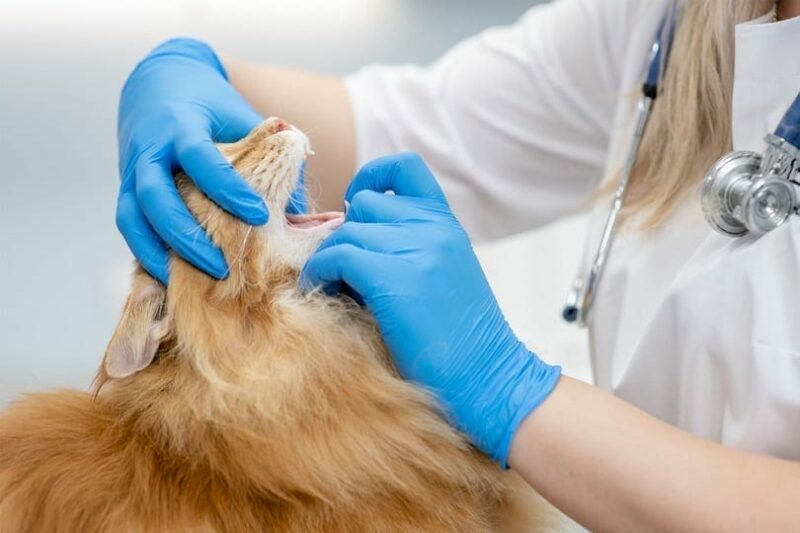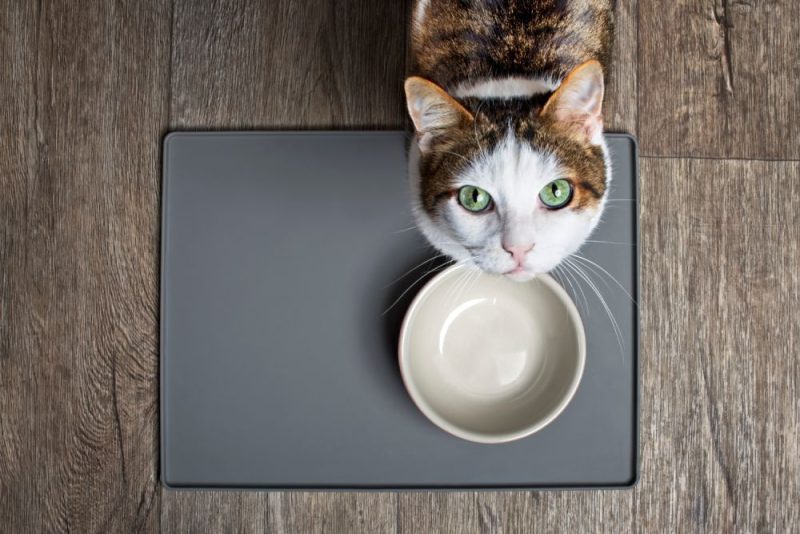In this article
If you’ve seen your cat drooling, thrashing around, or having difficulty controlling its movements, you might wonder if your feline friend has been having seizures. Watching anyone you love, human or feline, experience a medical emergency where they shake and exhibit uncontrolled muscular contractions can be a deeply troubling experience. Read on for more information on how to tell if your cat is having a seizure and a few tips on how to deal with this scary situation.

Why Cats Have Seizures & Other Background Information
Seizures are relatively common in cats. About 1–2% of cats suffer from a disorder that causes seizures.
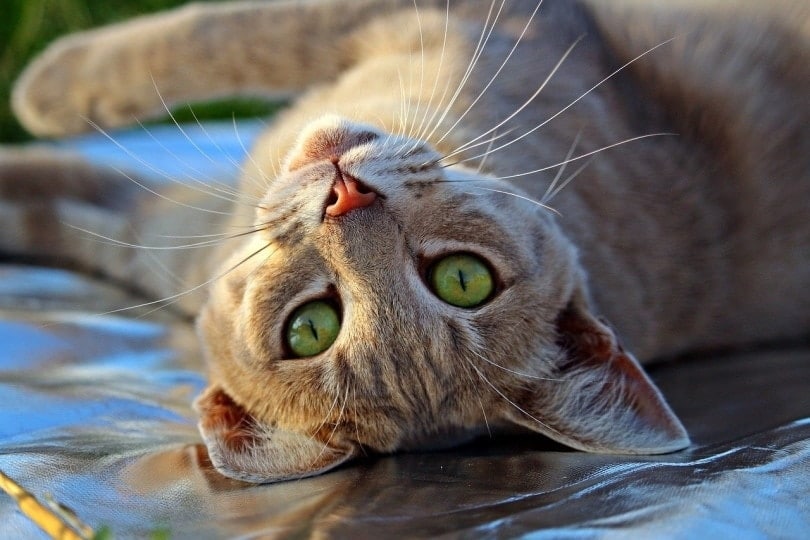
What Is a Seizure?
Seizures occur when a sudden spike in electrical activity in the brain causes your cat to have uncontrolled movements or enter an altered state of consciousness. Seizures in cats can also result in odd or out-of-place behavior, such as uncharacteristic aggression, uncontrolled meowing, or repetitive head moving. While events involving loss of muscle control are often reasonably easy to identify, other common symptoms, particularly behavior changes, are difficult to identify as seizure-related. While seizures have different symptoms in humans, dogs, and cats, the underlying cause, an uncontrolled surge in electrical activity, is the same for all three.
What Causes Seizures in Cats?
Cats have seizures for many reasons, from the serious to the unidentifiable. Conditions such as epilepsy, hypertension, electrolyte imbalances, and some toxicities are all known culprits. Meningioma, infections, organ failure, low blood glucose, and lymphoma can also lead to seizures.
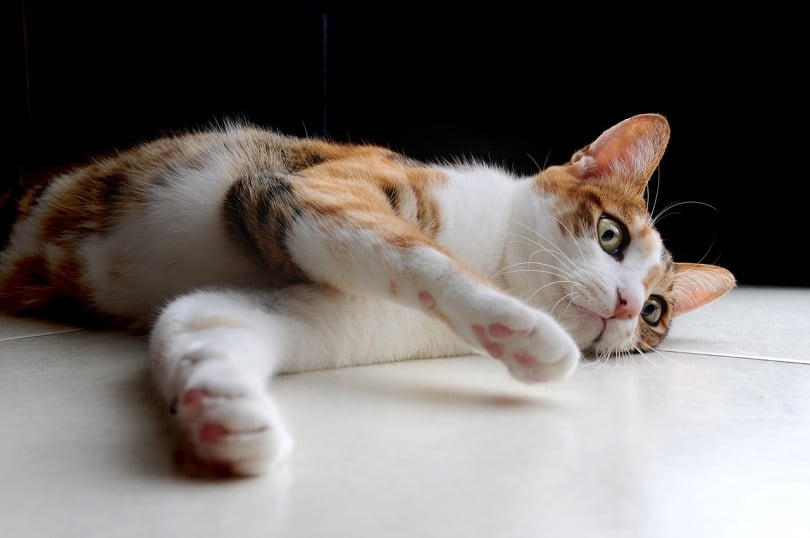
Are There Signs My Cat Might Be Getting Ready to Have a Seizure?
Yes. Most cats start to show signs that something is wrong from a few days to a few hours before a seizure occurs. Veterinarians refer to this as the pre-ictal phase, which is identified by symptoms such as pacing, excessive vocalization, out-of-character aggression, hiding, foaming at the mouth and anxiety. Many cat owners completely miss these tell-tale signs of an impending seizure. Pre-ictal auras usually continue for several minutes.

The 3 Signs Your Cat Is Having a Seizure:
The symptoms cats display differ based on the type of seizure. There are two common types of feline seizures: focal and general. Focal seizures tend to be limited in nature, while generalized seizures affect most of the body.
1. Tail Chasing, Floor Licking, and Meowing
Non-motor focal seizures are often characterized by autonomic activities such as tail chasing and meowing without an apparent cause. The signs of a feline focal seizure are subtle, making it difficult to determine whether or not your cat is suffering (or has suffered one) without an informed medical opinion.
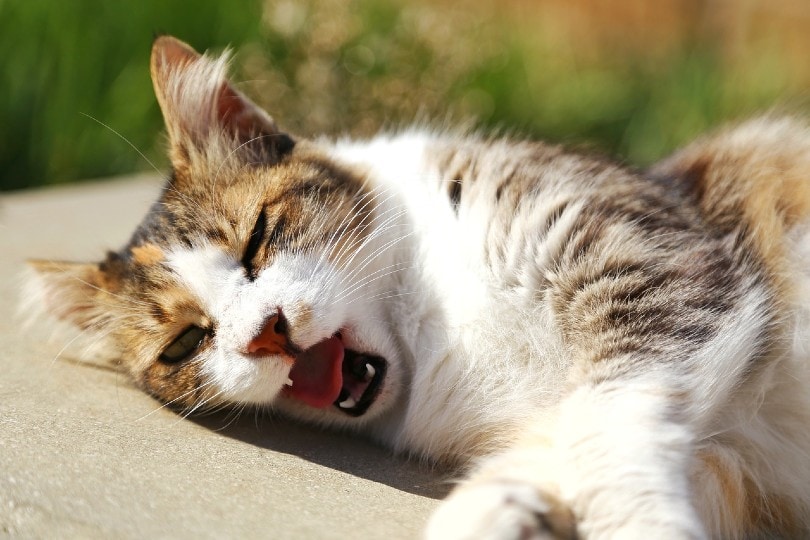
2. Uncontrolled Limb, Whisker, or Facial Twitching
Cats, just like people, can have partial seizures. They are attacks similar to mild generalized seizures, often involving uncontrolled twitching in one or more body parts. Many owners report hearing a plaintive cry from their cat immediately before the partial seizures occur.
3. Tonic-Clonic Patterns and Loss of Consciousness
Your cat’s body may become rigid, and the animal might begin to move their limbs in sharp, repetitive movements frantically. Some cats in the throes of a generalized seizure will extend their claws and engage in dangerous uncontrolled biting that sometimes results in tongue damage. Your cat may lose consciousness during one of these events, but some cats stay conscious.
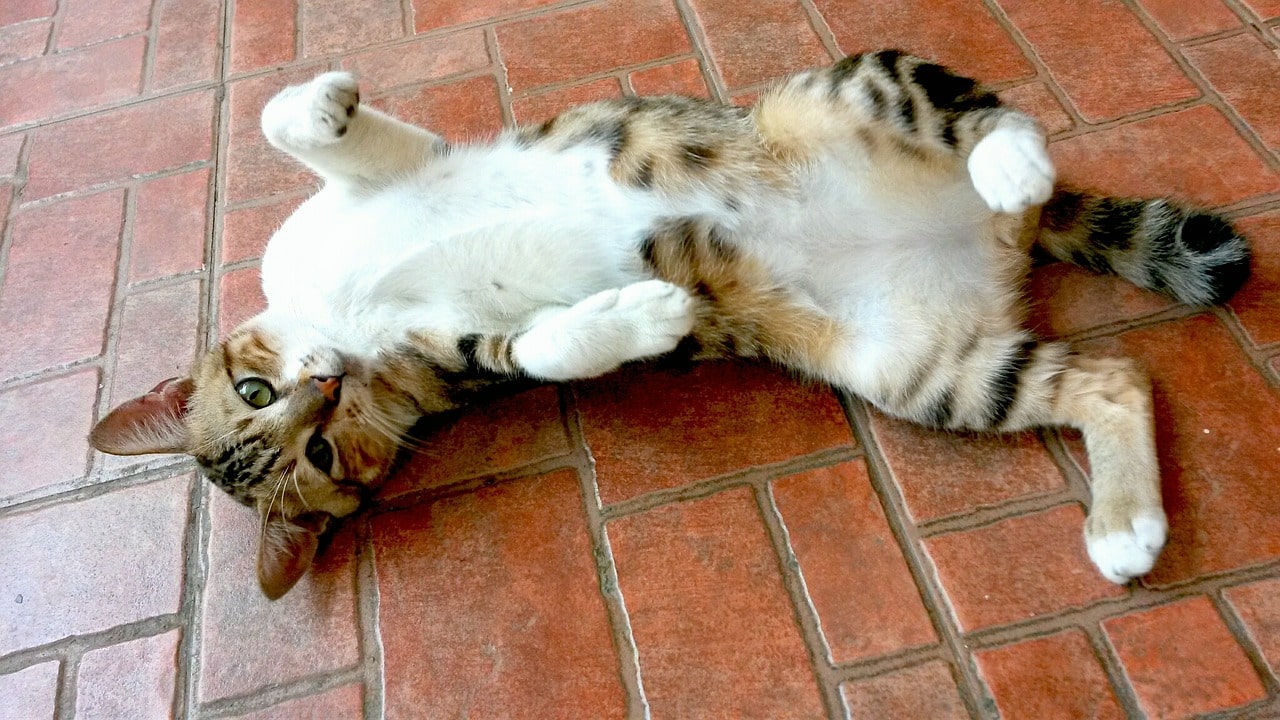

What Happens After the Seizure Ends?
After the seizure, cats may appear confused and exhibit symptoms such as purposeless wandering or pacing. They also tend to have altered sleep cycles and demonstrate a desire to eat or drink more than usual. Some kitties suffer from temporary blindness in the immediate aftermath of a seizure. They may urinate or pass feces during or after a seizure.
What to Do if Your Cat Is Having a Seizure
Whatever you do, the most important thing is to remain calm. There’s not much you can do to help your cat while they’re suffering from a seizure. Because the condition is often accompanied by uncontrolled biting and limb movements, you’ll end up hurting yourself or your cat if you attempt to help. Making the area safe and calm is your priority. Turn off lights and televisions, and keep voices low and calming.
Start to time the seizure so that you know how long it is happening for.
Use a thick towel to protect yourself if you have to handle your cat during a seizure to keep them from falling off a balcony, stairs, or furniture. If you have more than one cat (or a dog), immediately move the animals to another area of the house. Some pets attack cats experiencing seizures, so it’s best to be safe and keep your sick kitty away from any other four-footed housemates until the episode ends.
Other than that, it’s best to wait until the seizure is over before attempting to help or comfort your cat. Remember, your pet will probably be out of sorts from such an event. Don’t be surprised if they don’t recognize you or run away in fear.
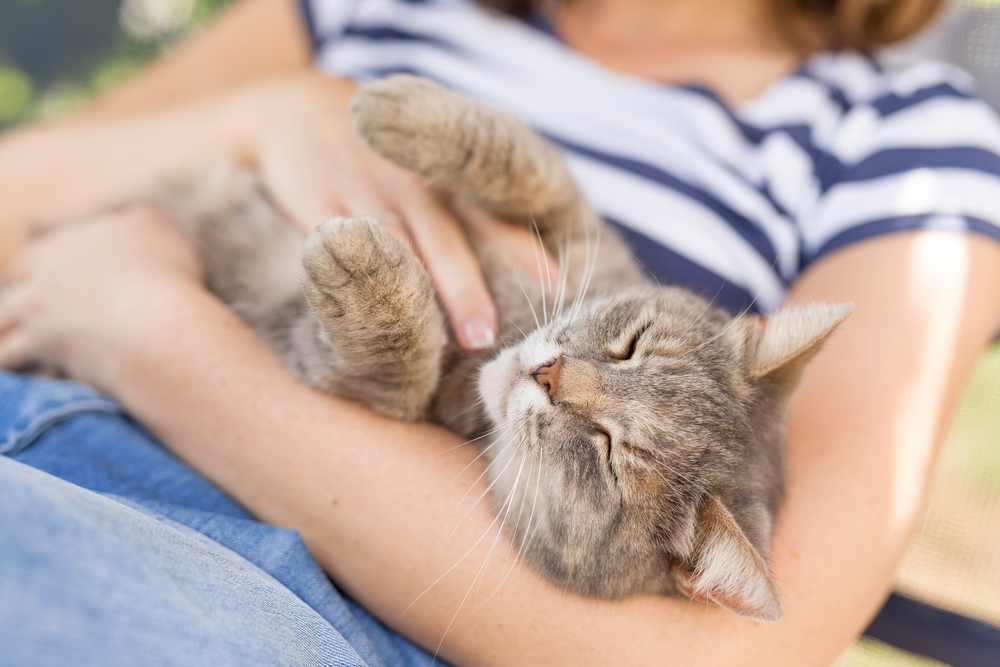
Do I Need to Take My Cat to the Emergency Veterinarian After a Seizure?
Not necessarily. Some cats, just like people, can experience a seizure due to stress or an illness and recover just fine at home. If this is the first seizure your cat has had and it lasts just a couple of minutes, give them time to recover before taking them to a vet for a check up. If your kitty has multiple seizures in one day, it’s time to take your feline to the vet. Take your pet to the emergency clinic immediately if they have an attack lasting more than 4 or 5 minutes.
Make sure to write down important information, such as what happened immediately before your cat had a seizure, including any abnormal behavior you might have observed. Also, document how long the seizure lasts and take a few notes so you can describe how your kitty behaved immediately after the episode ended.
Does This Mean My Cat Has Epilepsy?
Not necessarily. Epilepsy is a bit of a broad term. Ultimately it’s used to describe a condition marked by recurrent seizures. Some kitties experience just one attack and move on, but there can be several reasons why a cat might suffer from repeated seizures.
Sometimes there’s simply no identifiable reason for the seizures. Secondary epileptic seizures are often caused by a physical lesion or another issue with the cat’s brain. Reactive epileptic seizures occur in response to an injury or stressor.
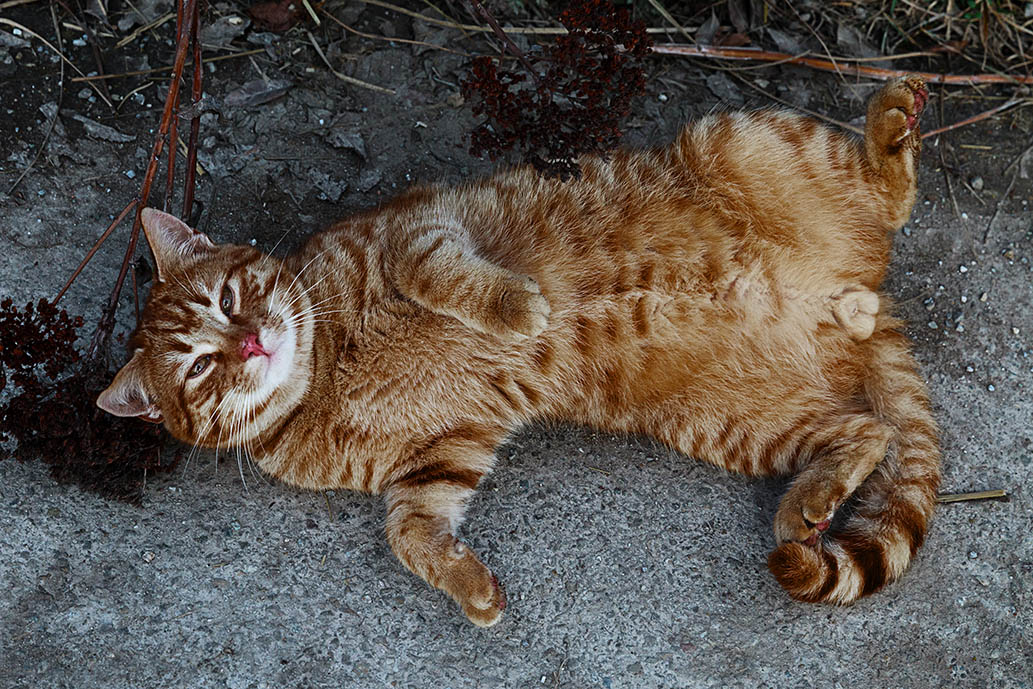
Is There Anything I Can Do to Prevent My Cat from Having Seizures?
It depends on the underlying cause. If your cat’s seizures result from a treatable condition such as high blood pressure or low blood glucose, addressing the root cause can often improve the condition. If the cause is trauma or a brain condition, you may be unable to resolve the issue completely, but improvement is more than possible. Anticonvulsant medications can work wonders by reducing the intensity and frequency of feline seizures. While the number of seizures and the severity can often be reduced by medication, it’s best to think of feline seizures as a lifelong yet very manageable condition. Veterinary surgeons will usually be aiming to reduce seizure occurrence rather than stopping them completely.

Final Thoughts
Watching a kitty experience a seizure can be extremely difficult, but it’s important to stay calm. Keep your cat safe and away from other animals until they feel better, and don’t panic if your pet seems disoriented or frightened in the aftermath of a seizure. Take your cat to the veterinarian right away if the seizure lasts for more than 4 minutes, and be prepared to describe what happened. While seizures cannot often be cured, they can be managed with help from your veterinarian.
Related Read:
- Focal Seizures in Cats: Our Vet Explains Causes & Care Guide
- Can a Cat Detect Seizures? – What You Need to Know!
Featured Image Credit: Pictureslovers, Shutterstock
